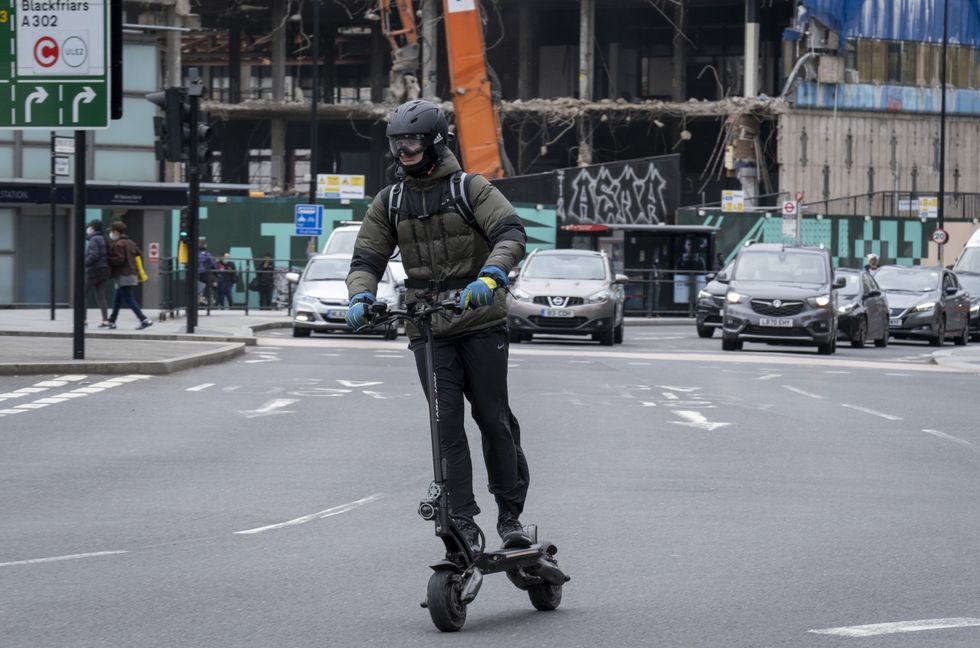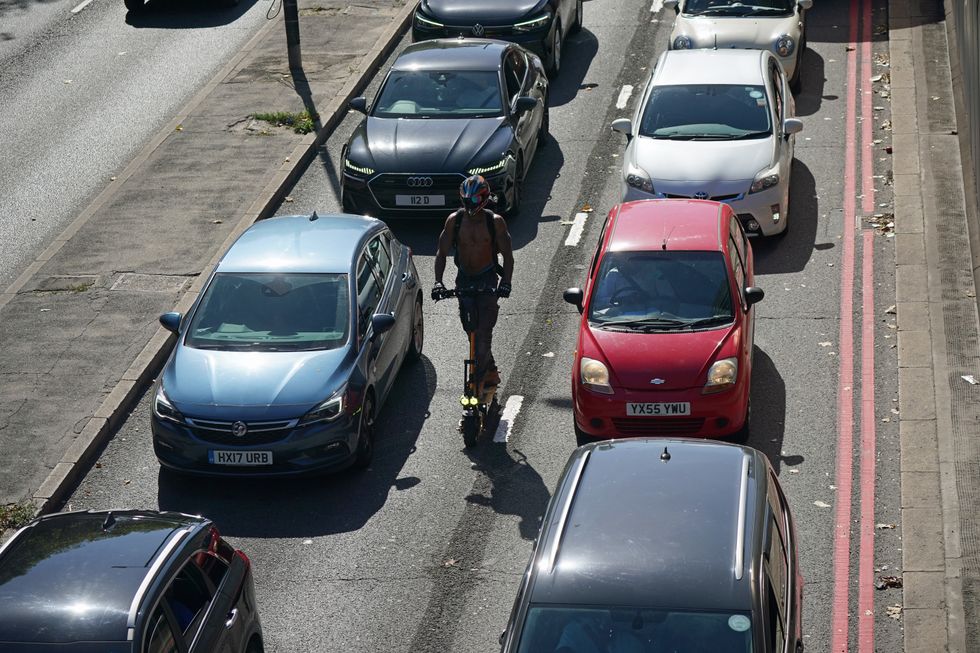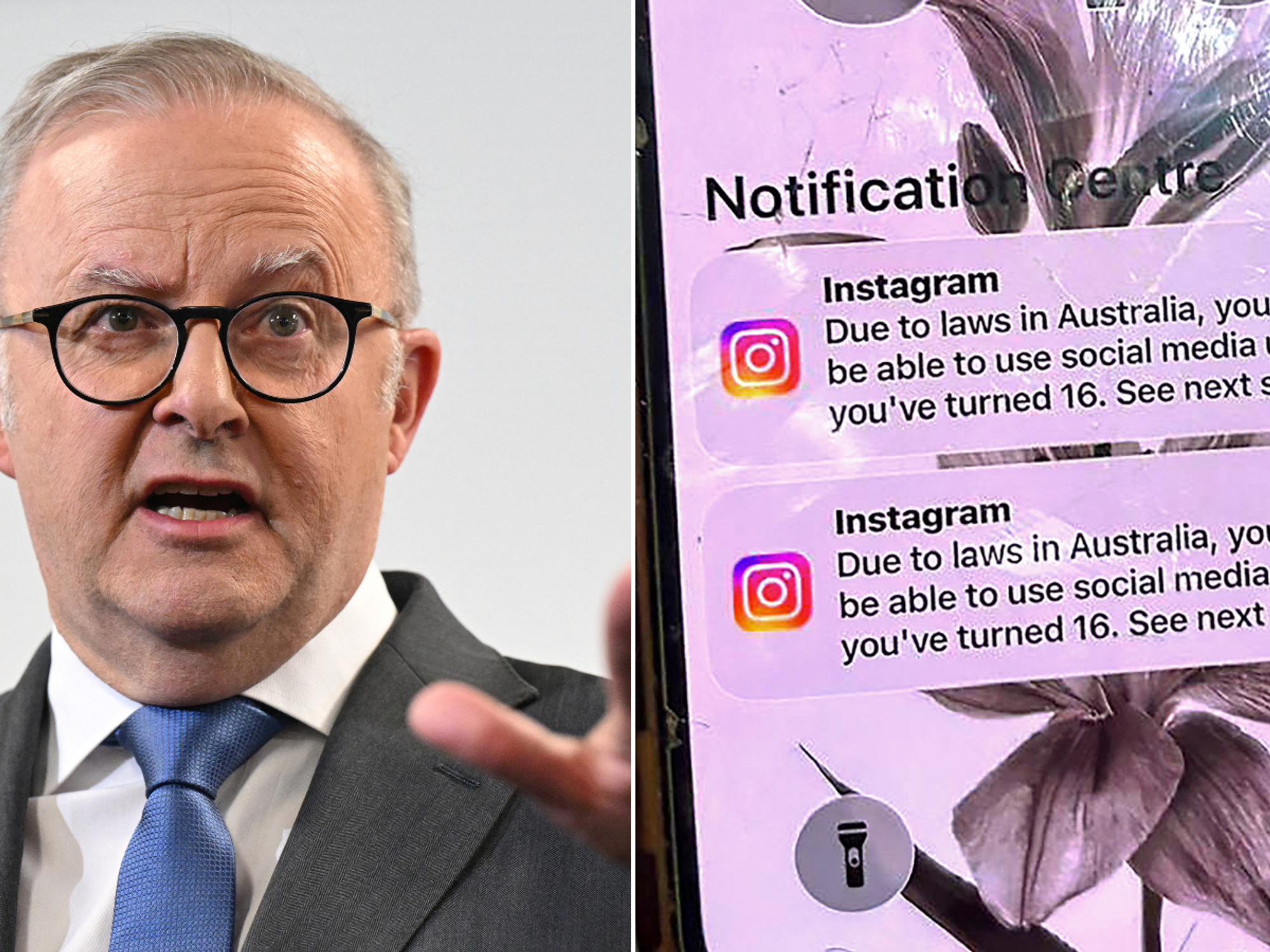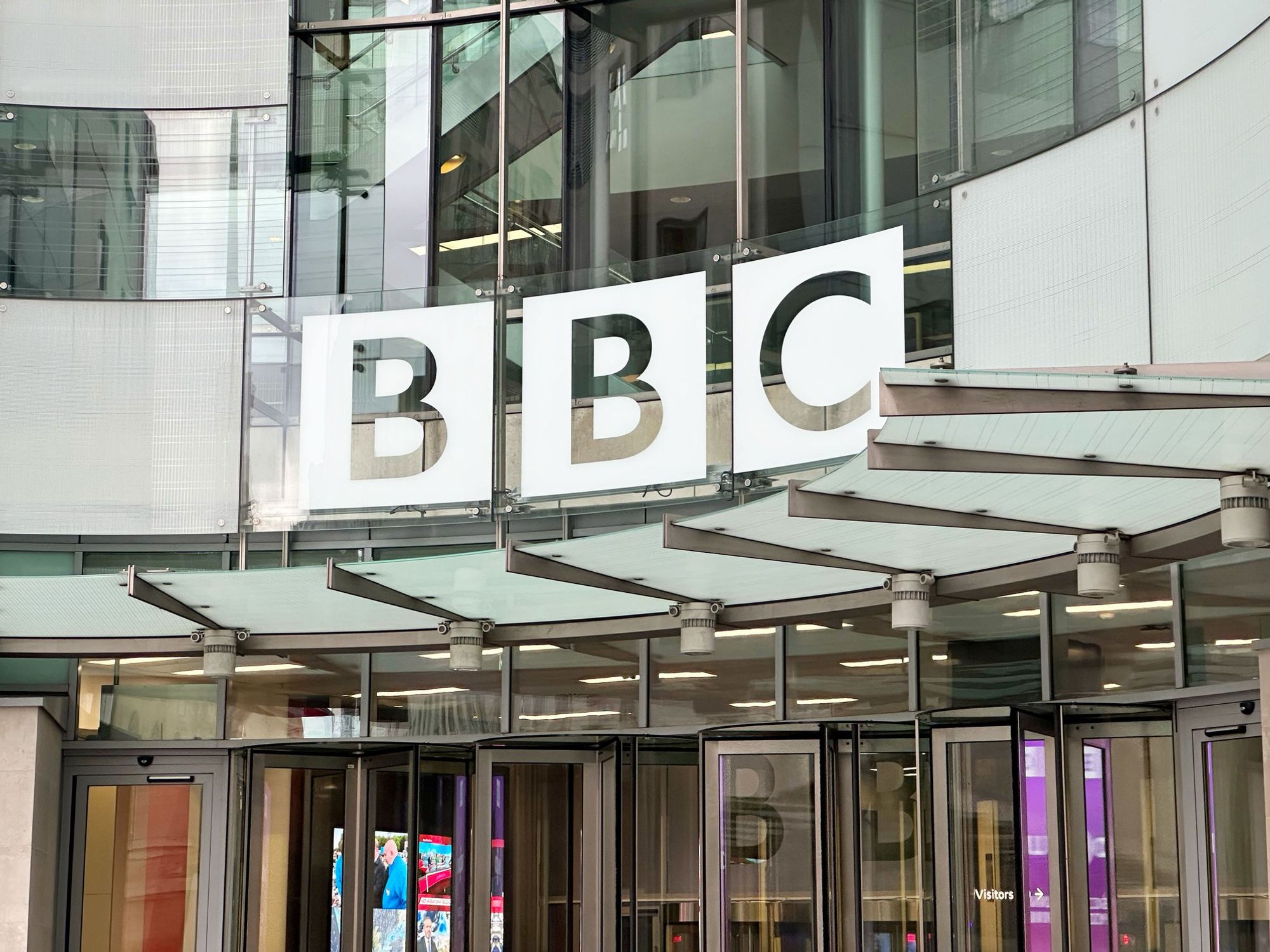E-scooters 'should be made legal' in the UK to remove petrol and diesel cars from roads

The Transport Secretary could make e-scooters legal in the UK
| GETTY
E-scooters are currently being trialled across the UK until 2026
Don't Miss
Most Read
Latest
Electric scooters could become a legalised form of transport in the UK in a bid to create a safer, greener form of travel for riders.
The move follows a call from industry experts who stated that in order to prevent e-scooters from causing a menace on UK roads, the safest option is to regulate them.
In an open letter to Transport Secretary Louise Haigh, experts warned that the only way to resolve the problems caused by privately-owned e-scooters being ridden on public roads is through regulation.
The letter also argued that having electric scooters would help the UK meet its net zero and air quality targets.
Do you have a story you'd like to share? Get in touch by emailing motoring@gbnews.uk

Riders can be fined £1,000 for breaking TfL e-scooter rules
| GETTYThe letter was organised by Collaborative Mobility UK, the national charity for shared transport and was signed by representatives from councils, transport groups, environmental campaigners and e-scooter scheme operators.
Richard Dilks, chief executive of the organisation, explained that the Transport Secretary should expand the shared e-scooter trials that are currently taking place around the UK.
He said: “By clearing up the ongoing uncertainty around their status on the UK’s roads, ministers can give this cheap, flexible and green mode of transport a long-term future.”
Dilks suggested that legalisation would also improve safety standards and “clear away” the negative perceptions of e-scooters that “have arisen largely due to the total lack of regulation”.
According to a Freedom of Information request, there have been nearly 300 e-scooter collisions in the capital since they were first introduced in 2019.
He added: “Given how popular shared e-scooters have proven in trial areas in England, it could also make a significant contribution to helping the UK meet its climate change targets.
“We know we have to attract people away from the use of private cars, and e-scooters are one mode of transport that can help to do this.”
Meanwhile the open letter detailed how e-scooters could be legalised through the creation of a new “low powered zero emission vehicle class” which could also apply to other forms of transport.
This would give e-scooters a legal status and could be “the only solution to the situation with private e-scooters, which are entirely unregulated and unlawful to ride on the public highway but can be legally bought and are very often illegally ridden,” he warned.
In 2021, Louise Haigh, who is now the Transport Secretary, said it was increasingly clear that the Government do more to improve air quality with e-scooters having “the potential to be part of the mix”.
In a blog post on her website, she added that given the concerns that have been raised about their use, it is “important that there is proper evaluation of the pilot schemes”.
Under current Transport for London rules, riders must be 18 or over and hold at least a provisional driving licence to be able to rent an e-scooter.
LATEST DEVELOPMENTS:

E-scooter riders must be 18 year old and have a provisional licence
| PAThe trial scooters are also fitted with a speed limit capped at 12.5mph with all first-time riders urged to engage in mandatory education on how to ride safely in the capital.
Riders who breach these rules can risk a fine of up to £1,000 if they do not comply with the laws.
Last year, the Department for Transport recorded 1,269 collisions involving e-scooters in the UK, with 1,355 casualties and seven people losing their lives, highlighting the need for regulation in this space.










